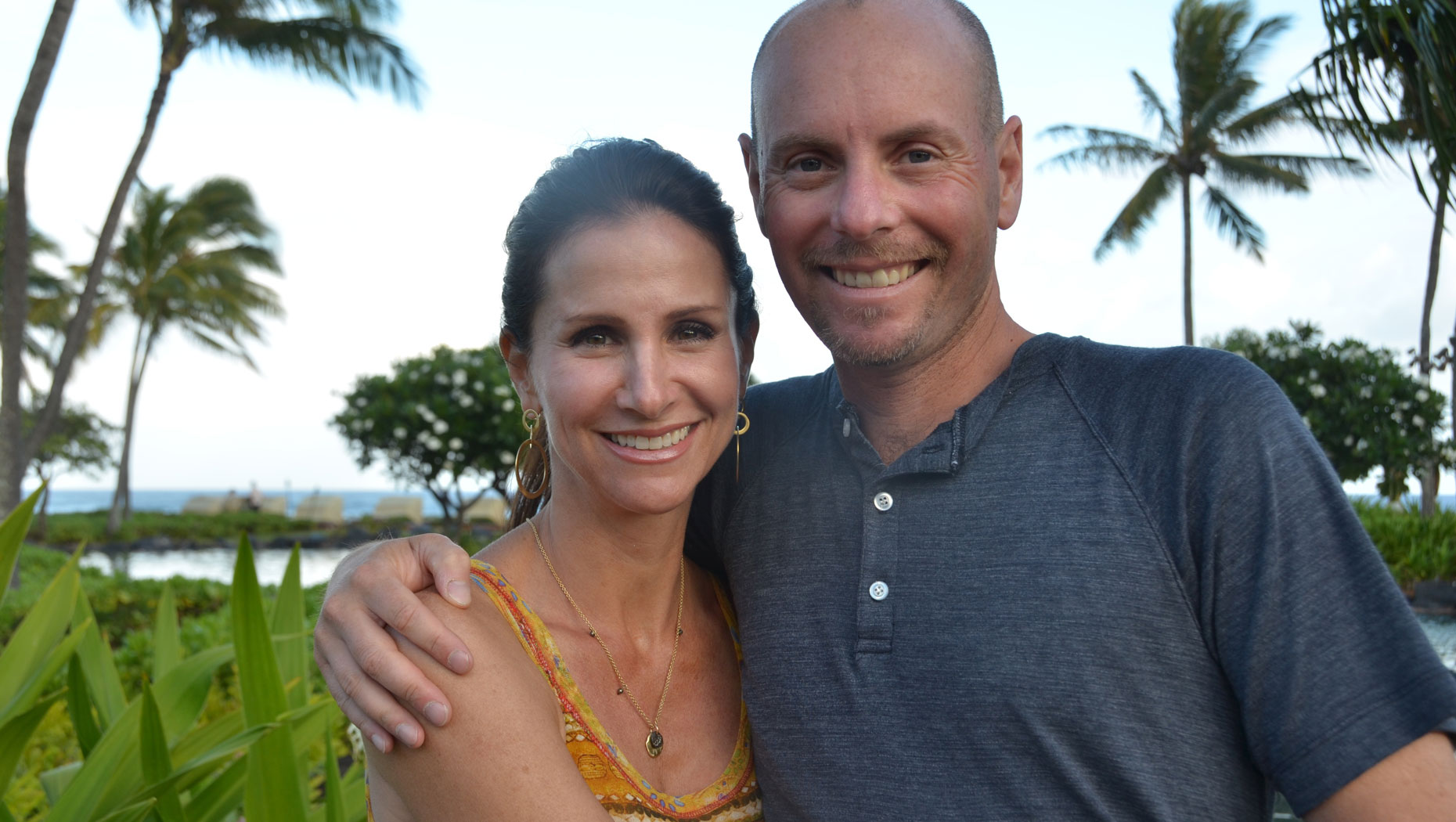Submitted on May 20, 2013

As with many cancers, genetics can play a prominent role in prostate cancer. When Evan Goldberg found out he had a familial genetic mutation that raised his risk for the disease, he sought treatment advice from Peter Carroll and the UCSF Urology team.
The cofounder of NetSuite, a cloud-based business software provider, Goldberg was impressed by the balance of technical expertise and people skills he found as a patient at UCSF. Goldberg and his wife, Cindy, appreciated that the UCSF team offered the most advanced screening and treatment options but also excelled at the human side of patient care. They recently underscored their gratitude with a $50,000 gift in support of Dr. Carroll’s research, which focuses in part on prostate cancer risk factors.
The gift reflects values Goldberg learned as board chairman and chief technology officer of NetSuite. “My most valuable employees are the ones that combine technical skills with the human aspect of business,” he said.
Balancing technical expertise with compassionate care is the core of the UCSF approach. The goal is to be vigilant and proactive, but to also to avoid overtreatment and the risk of unnecessary side effects. Dr. Carroll and the UCSF team encourage active surveillance of men whose prostate cancer poses a low risk to their overall health. But health care professionals are constantly seeking more refined tools for determining who is a low-risk patient and who needs more aggressive treatment.
Dr. Carroll’s research is focused on learning more about the role of genetics and other cofactors in the development of prostate cancer. He has been instrumental in the creation of several large patient study groups that will help identify biological factors and other markers for assessing risk.
“I’m a lover of statistics and math,” added Goldberg, “and I appreciate the idea that UCSF is doing these large scale studies, using statistics to address big-data problems.”